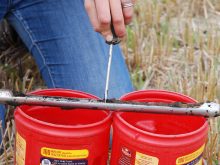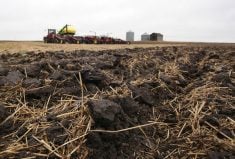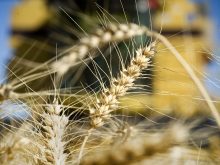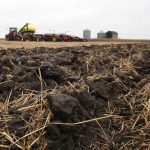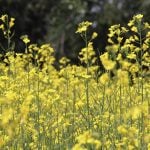Saskatchewan’s government owned insurance agency begins consultations next week on potential changes to the farm class licence plate program.
Tim McMillan, the provincial cabinet minister responsible for SGI, said Oct. 28 some of the crown corporation’s policies on farm plates haven’t been reviewed for 30 years.
He said some people have requested the eligibility criteria be broadened. SGI also wants to be sure that all who have farm class plates are legitimately entitled to use them.
Farm plates are slightly cheaper and entitle the user to an 80 percent rebate of the 15 cent per-litre provincial fuel tax.
Read Also
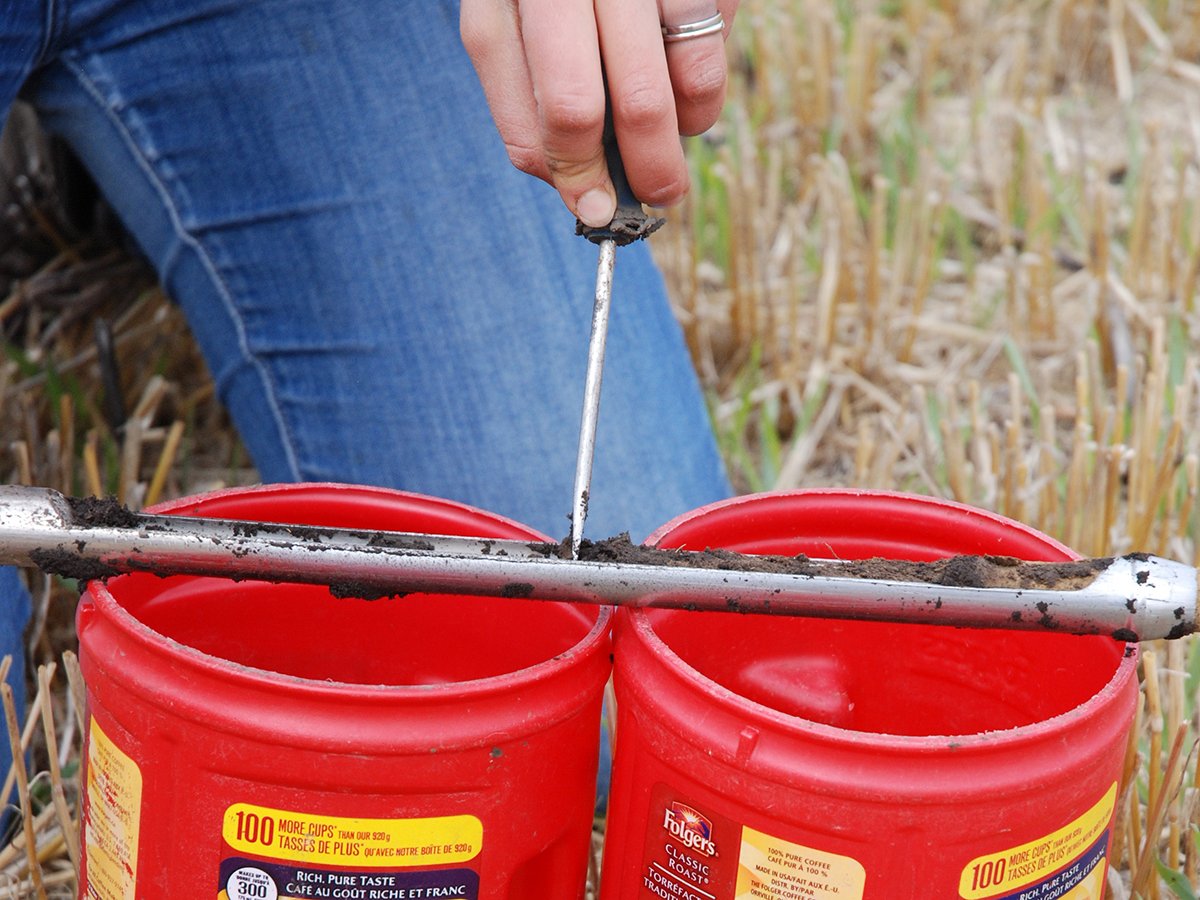
Federal government supports soil health strategy
Sophie Beecher, director general at Agriculture Canada, said at a soil conference in Winnipeg that the feds support the idea of a national soil health strategy.
They also allow the use of coloured diesel fuel in vehicles as long as the vehicles are used for farm business or work and the registrant has a valid fuel tax exemption permit.
“I think going out into the rural areas and talking to those that are currently using the program is an excellent first step,” McMillan said.
SGI said allowing retired farmers to keep their plates and allowing farmers’ dependants to obtain farm plates are among the most requested changes.
“They’ve spent their entire life on the farm,” McMillan said of retired farmers. “They may still be living on the farm but may have stepped away from the farming operation.”
A similar argument is made when asking that farmers’ children be allowed to get farm plates.
McMillan said the farm plate program operates on a cost-recovery basis and isn’t subsidized by SGI or the provincial government.
However, the class exists to reflect perceived lower risks from fewer vehicles or vehicles used less often, he added, and including more vehicles in the class could drive up the registration rate.
“If it broadens the higher risk to individuals, it lowers the benefit to everyone,” he said.
“If it is more tightly kept to a lower risk profile, it keeps the benefit more direct.”





